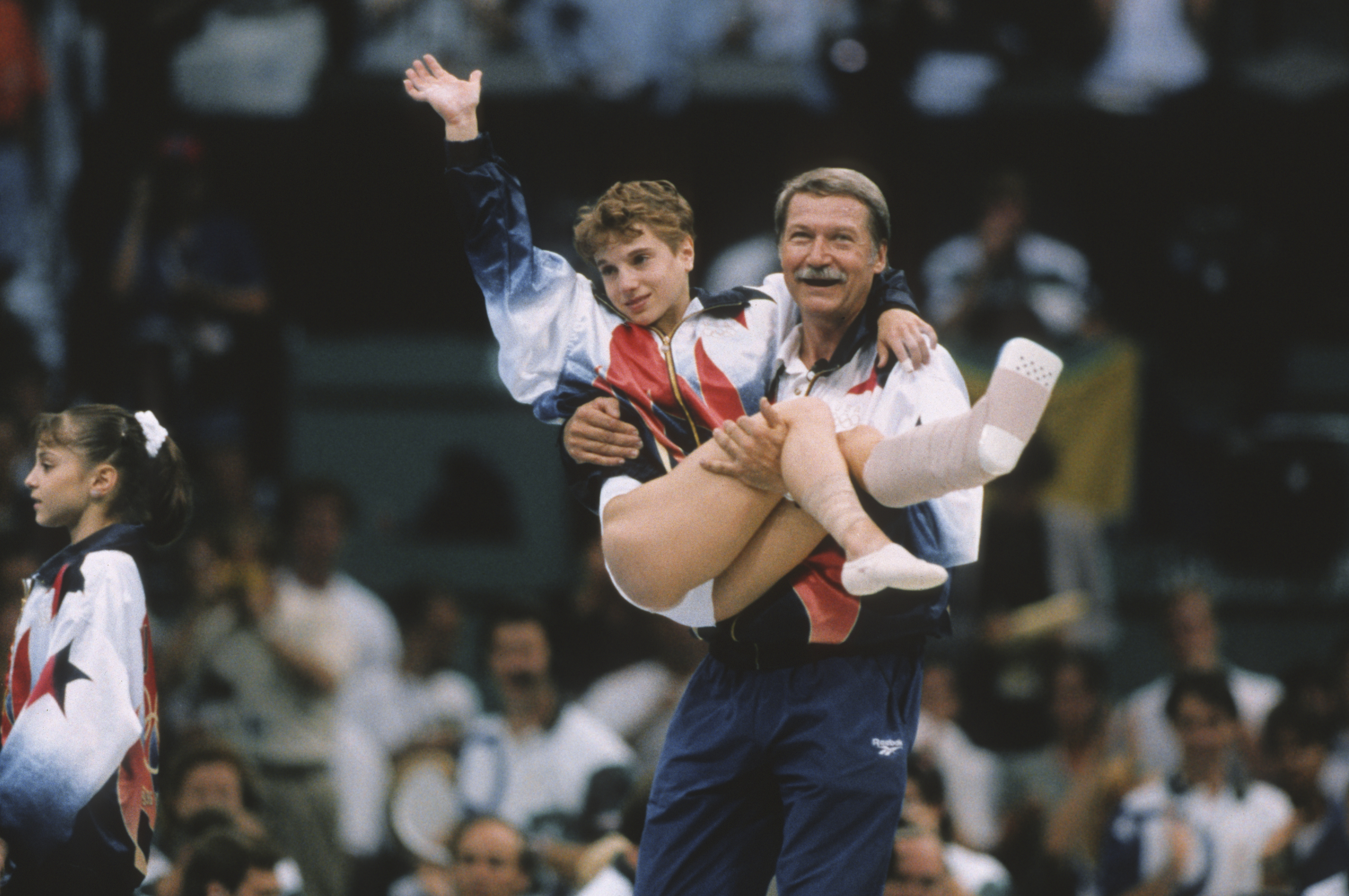Mark Levine, a science teacher by training, is the chairman of the New York City Council's health committee. He also, as it happens, had COVID-19.
So, knowing intimately how stressed the city's hospital system is, and what the symptoms of the disease are like, Levine took to Twitter to answer some common questions about what the novel coronavirus does to you, how to respond and what happens when you recover.
The rest of Levine's thread follows, with the original Twitter numbering:
Can I really ride this out at home?
* Yes. Only the 20% most serious cases require hospitalization. The rest of us just need to stay home and rest, and avoid taking up precious medical resources.
2/
What will I feel like?
* You will feel bad. High fever (as high as 104). Dry cough. Slight exertions will exhaust you. Many people lose their sense of smell and taste. Some will have "rigors" (shivering from chills).
3/
Which should I take for my fever: Tylenol or Ibuprofen?
* Despite the one article which everyone has sent you, the current consensus of public health experts and the WHO is that either one is fine (yes I know I will get many hate replies for this).
4/
Can I take an over-the-counter cough suppressant?
* Yes
5/
Should I buy a pulse oximeter?
* Listening to how you feel is more reliable than the uncalibrated pulse oximeter you bought online. You will know when your body is not getting enough oxygen. But if you have an oximeter and want to use it, go for it.
6/
What if I don’t have a thermometer and there are none in the stores?
* If your body is telling you that you have a fever, believe it. And assume you have coronavirus.
7/
How long will I be sick?
* Ranges widely, from 1 to 14 days for the sickest part. But you should assume you won’t feel 100% for at least 7-14 days. And take it easy, relapses are common.
8/
Do I need to get a test?
* No. A test will give you and your doc zero useful information. If you have the symptoms assume it’s coronavirus and rest, hydrate, take meds for fever/cough. And call a doc if needed.
9/
What If there are other people in my home? How do I protect them?
* This is a big question worthy of its own thread. Short version: wear a mask (including homemade); Isolate in your own room if you can; keep windows open; wash hands and clean surfaces fastidiously.
10/
Can my pets get it?
* Nope
11/
Do I need to lie prone (i.e. face down) when in bed?
* There was a small study in China showing this helped for patients on ventilators. There is no recommendation from experts that you do this at home.
12/
When should I call a doctor?
* You do not need to call a doctor if you are in general healthy and only have fever/cough. If you are not improving after 3-4 days, time to call a doctor. If your situation worsens (e.g. difficulty breathing), time to call a doctor.
13/
What If I don’t have a doctor? Who do I call?
* In NYC you can call 311 and you’ll be transferred to our excellent covid hotline, staffed by 750 clinicians.
14/
At what point should I call 911 or go to the ER?
* Only when you face a true emergency, such as severe difficulty breathing (e.g. can’t speak more than a word or two at a time), chest pain, feeling confused, losing consciousness.
15/
When will I stop being contagious?
* Either 7 days after onset of symptoms, or 72 hours after your last fever (without meds)...whichever is later.
16/
Will I get it again?
* This question has not been conclusively resolved, but the best guess of scientists is that you will have immunity for 1-3 years, and that thereafter if you get it again you will have a more mild case (of course we hope a vaccine is available but then).
17/
Is it true I can donate plasma once I’m better?
* There is an exciting study at Mt. Sinai giving blood plasma from those who have recovered to those who are still sick. Results still pending. If you’d like to be considered for donation, email COVIDSerumTesting@mountsinai.org.
18/
What about people who don’t *have* a home?
* This is a big challenge. Those w/ covid should remain neither on the street nor in a congregant setting like a homeless shelter. NYC has booked 1000s of hotel rooms for homeless people with symptoms. We need more.
19/
Levine's thread received a shout-out from Craig Spencer, the Ebola survivor and NYC emergency room doctor whose own Twitter threads have made him one of the city's face of the crisis.
"His messaging on Coronavirus has been remarkably clear, consistent, and honest," Spencer wrote, sharing Levine's thread.
U.S. & World
New York City remains the U.S. epicenter of the pandemic, with about 20 percent of all domestic cases and more than 25 percent of all deaths. Mayor Bill de Blasio said Sunday night that while there were early signs of optimism, the city still only had enough ventilators to get to Tuesday or Wednesday.



